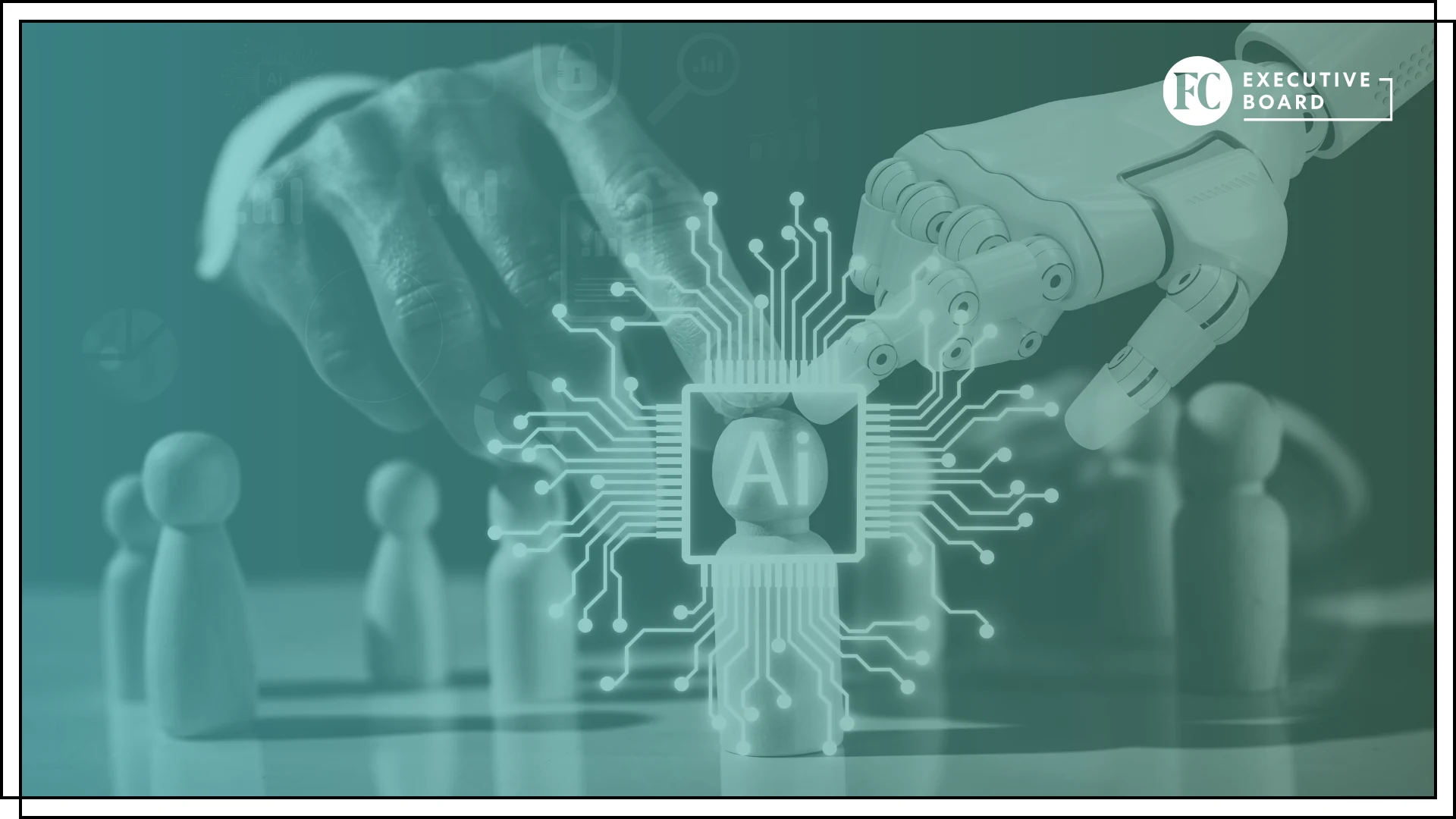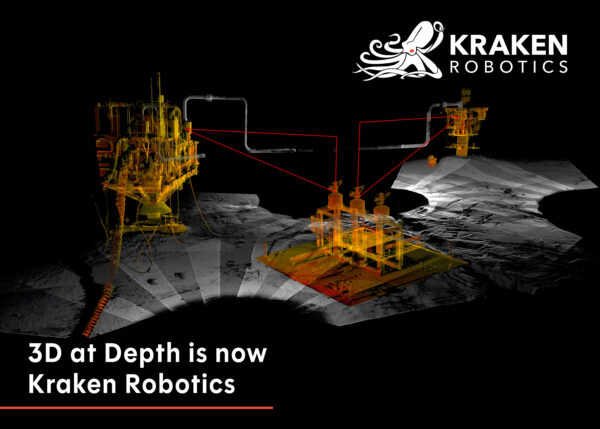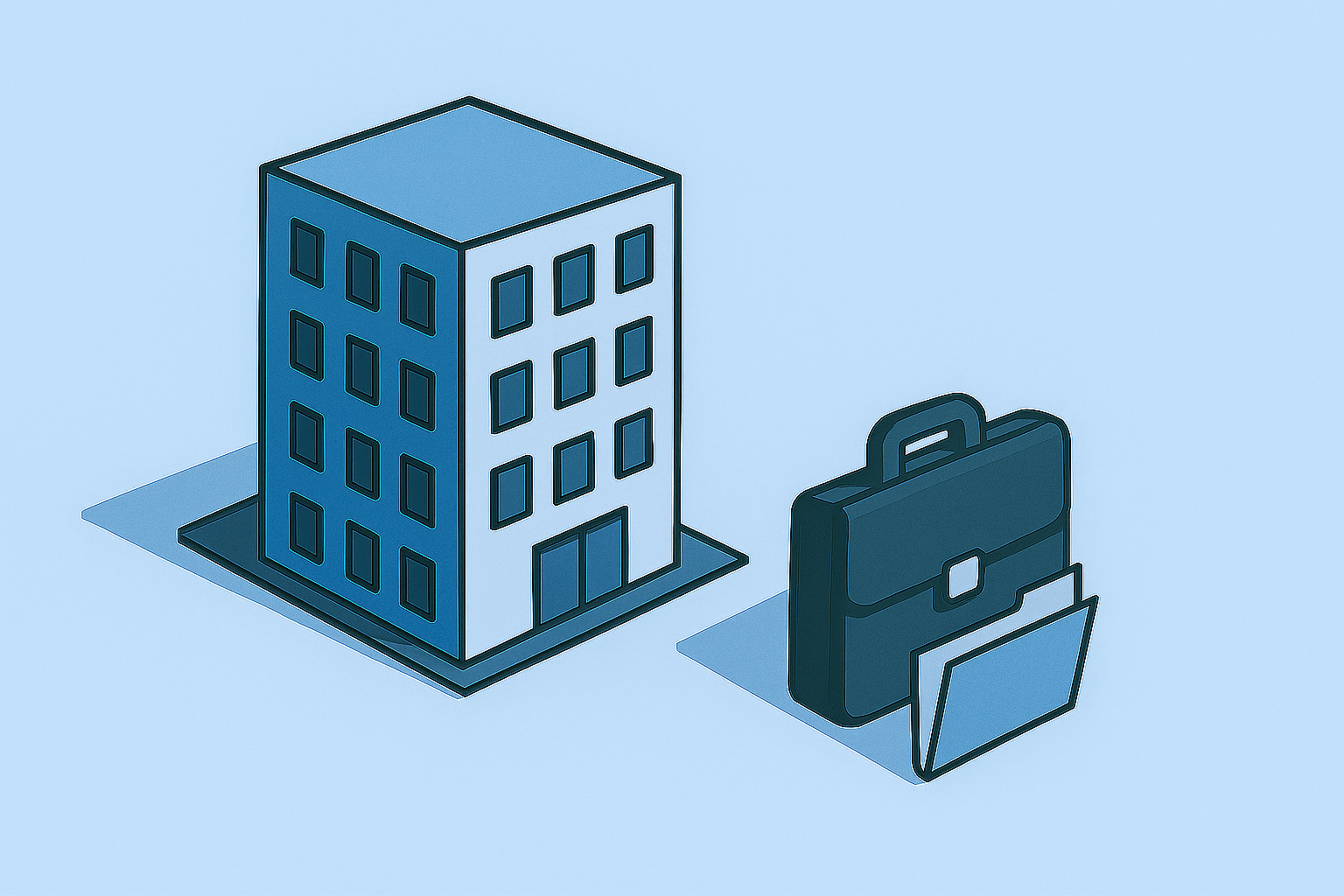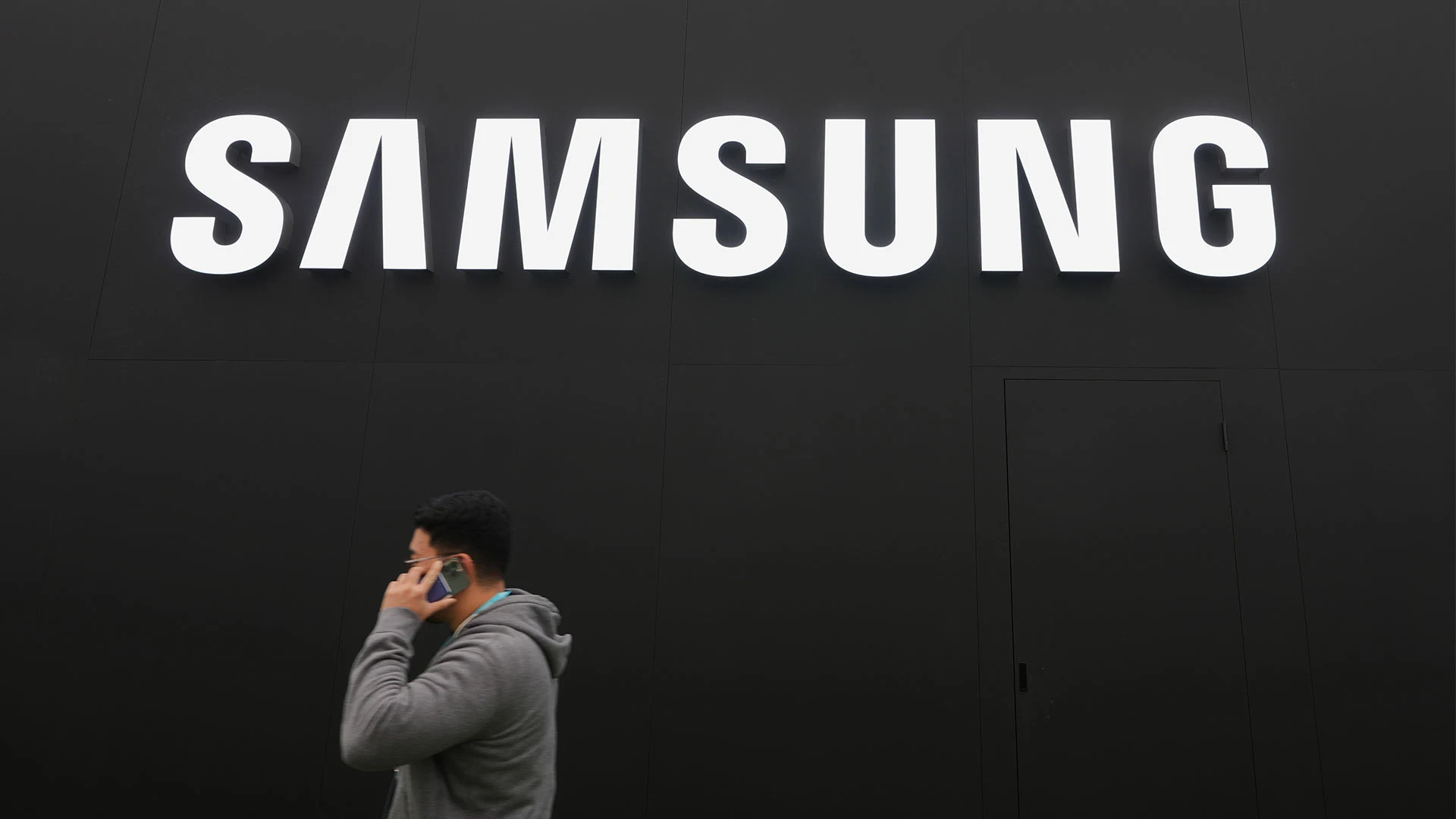Copyright Fast Company

From selecting wine menus to designing lesson plans, artificial intelligence (AI) is changing just about everything about how we work in almost every industry. Like so many viral phenomena in the 21st century, AI made its initial inroads into tech companies, which developed apps and platforms that have spread into media, healthcare, manufacturing, financial, and other sectors. Now, though, it’s coming for workflows across many roles—even welding, plumbing, and other non-tech jobs that might seem AI-proof. Take human resources, for instance. HR hasn’t been a nexus of tech innovation beyond LinkedIn and AI-powered application tracking systems like Greenhouse. A full upheaval of HR processes has not been in the cards—until now. When vaccine maker Moderna merged its HR and tech departments, that trend line began shifting. New data from General Assembly’s recent survey of nearly 300 HR professionals in the United States and United Kingdom confirms that HR is, in many ways, already on the front lines of AI-powered transformation—though not always with a clear plan. THE CASE FOR AI IN HR Many HR professionals in the United States and United Kingdom are already using AI to perform tasks. According to our survey, the overwhelming majority of HR professionals—82%—are using AI at work for tasks ranging from analyzing employee feedback to writing job descriptions to designing training materials, onboarding new hires, creating reports, reviewing resumes, and running talent reviews. Subscribe to the Daily newsletter.Fast Company's trending stories delivered to you every day Privacy Policy | Fast Company Newsletters Two-thirds of survey respondents say they’ve adopted AI agents that perform full workflows. Based on our conversations with these HR leaders, it’s starting to feel like a matter of necessity: Some have told us they’ve started using AI to write job descriptions and training materials because they simply don’t have time not to. In many ways, it makes perfect sense for HR professionals to use AI to assist with talent retention and acquisition. As it has in other industries, AI has proven effective for handling mundane, time-consuming tasks so HR professionals can work faster, better, and in ways that use the empathy and communication skills that led many of them to enter the field in the first place. According to the survey, nearly eight in 10 respondents said AI has helped their teams become more productive. In addition, 69% overall (and 83% who work in people analytics) said AI has freed up time to devote to more strategic work. That’s the kind of shift that makes AI adoption feel promising, especially in fields like HR that can too often feel tactical rather than strategic. A GAP THAT MUST CLOSE While AI adoption has become more widespread in HR, the survey revealed a curious gap: Although most HR professionals are using the new technology, most said they never received AI training. Less than one-third of survey respondents participated in comprehensive job-specific AI training programs. The rest either received basic or generic training not tailored to HR tasks, learned AI on their own time—or received no official AI training. Most surprisingly, at companies that require AI usage, 35% of HR professionals reported receiving no formal training on how to use these new tools and platforms. There’s a contradiction here. HR is enthusiastically adopting AI, but most teams are doing it without formal training or clear guidelines. It’s like being handed the wheel of a self-driving car with no instructions and no brakes. Given AI’s history of making mistakes, that’s going to create problems that get bigger as the tools get more powerful. advertisement The lack of training isn’t the only warning sign. Not only are most HR professionals figuring out AI as they go, but many also aren’t confident in their new skills—especially if they don’t have help from their employer. Among those who received job-specific training, 85% said they feel very or completely competent using AI at work. But among those who are self-trained, that confidence level drops by 22 points to 63%. Even worse, companies that have forced their HR divisions to adopt AI processes have found that it backfired—by creating more work, making jobs harder, pulling staff members away from other priorities and raising concerns that AI could lead to unfair personnel decisions. These gaps are cause for concern and the HR professionals who aren’t using AI are at risk of falling behind their competitors. The survey found that people who don’t use AI have made that choice for a range of reasons. Some are worried about data privacy and compliance; others lack the confidence to use it properly and are concerned about making errors. In many cases, the fact that they haven’t received any training is the primary reason for not giving AI a try. Their concerns are legitimate, but these barriers can undermine a company’s competitive stance. ROLE-SPECIFIC TRAINING IS NON-NEGOTIABLE To prepare for an increasingly AI-driven future, HR leaders can’t treat AI training as a compliance check box. They must make role-specific training a core part of their workforce strategy, with incentives and visible support from the top. HR professionals are demanding better tools, clearer guidance, regular updates as AI as tools and practices evolve, and interactive workshops focused on HR use cases. Structured, hands-on AI training should demystify tools, offer real-world examples and respect the sensitive nature of HR work, which is predicated by confidentiality, professional relationships throughout and outside the organization, and compliance with state and federal regulations. An AI-driven transformation of HR will only be as effective as the training that supports it. And if HR is becoming the proving ground for AI at work, then that training isn’t optional—it’s a strategic bet. The teams that get this right will shape how their companies grow, hire, and lead in the AI era. Daniele Grassi is president and CEO at General Assembly.



